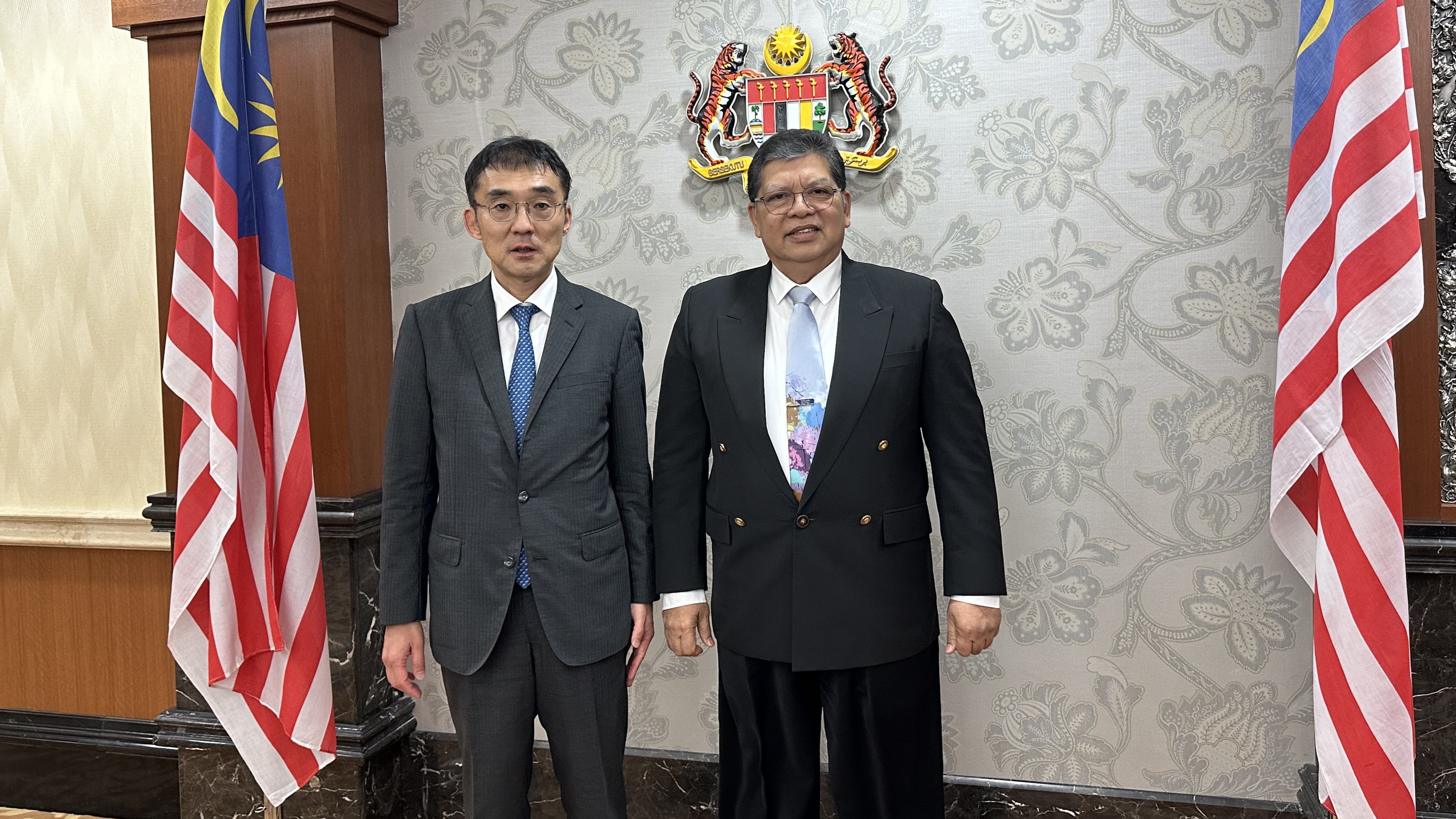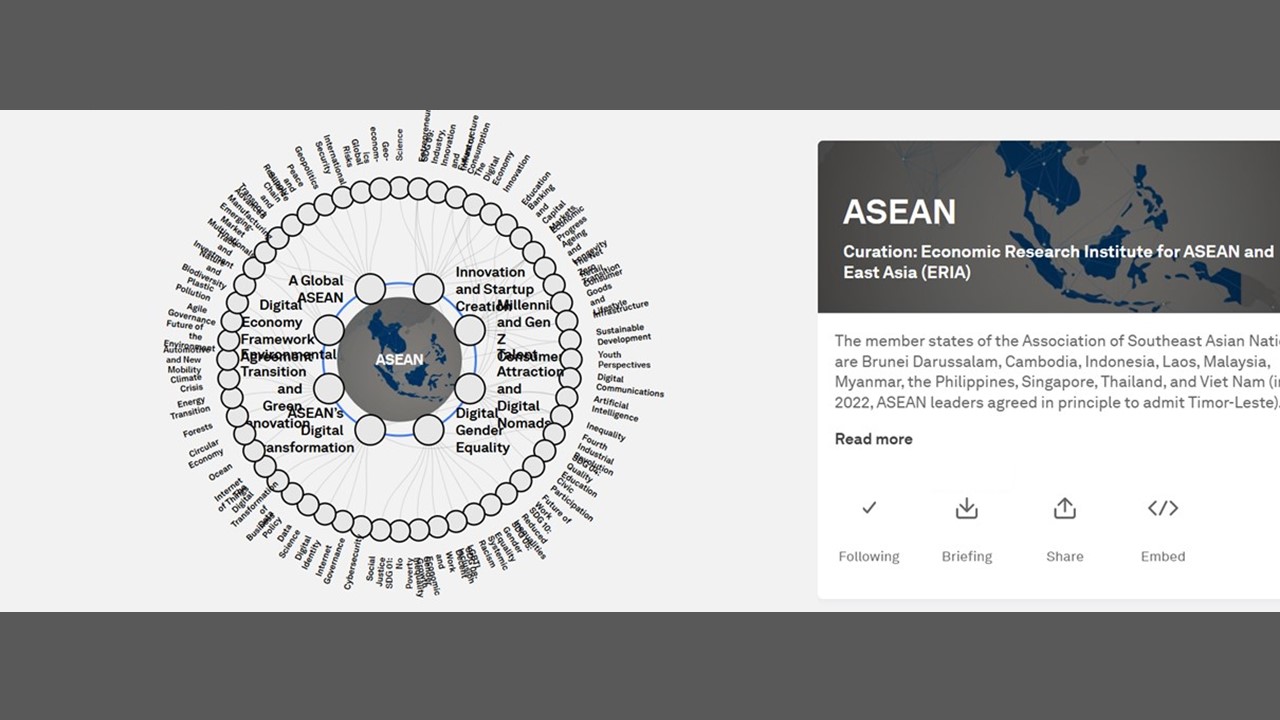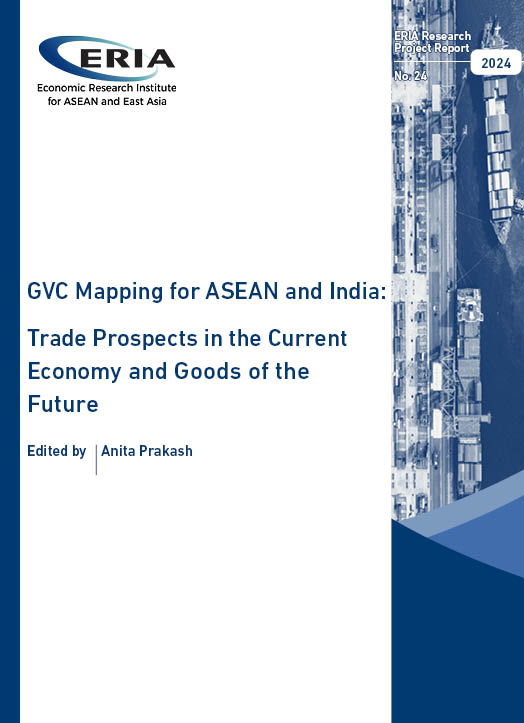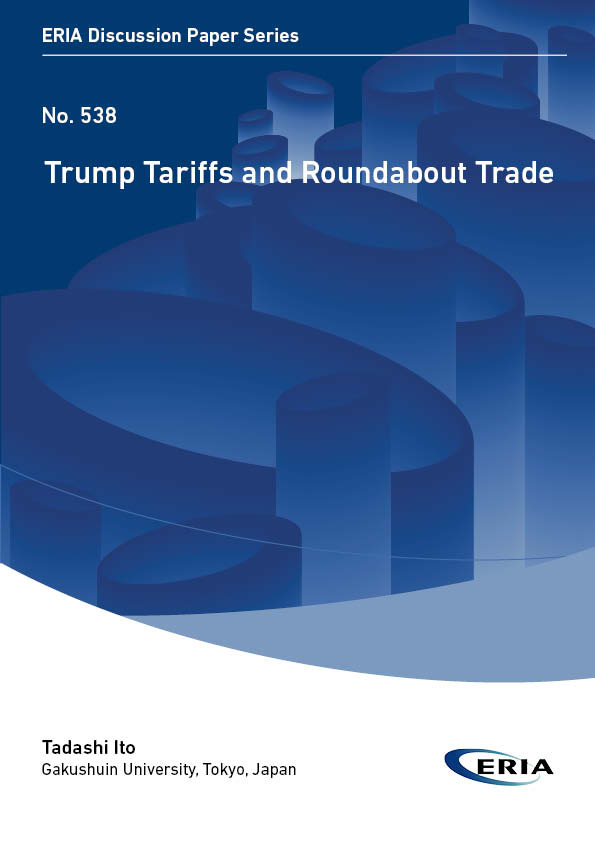ERIA Holds Webinar on Promises and Pitfalls of Local Content Requirements in Indonesia
Share Article:
Print Article:
Jakarta, 21 November 2024: ERIA hosted a webinar titled ‘Local Content Requirements: Promises and Pitfalls,’ which explored the complexities of Local Content Requirements (LCRs) in Indonesia. The event brought together policymakers, academics, and trade specialists to examine the impact of LCRs on Indonesia's industrial development and international trade dynamics.
The session opened with a brief introduction by the moderator, Dr Jahen Fachrul Rezki, Associate Director of the University of Indonesia’s Institute for Economic and Social Research (LPEM FEB UI). He provided historical context for the implementation of LCRs in Indonesia. Dr Rezki highlighted that since their introduction as part of industrial policies in the 1950s, LCRs have aimed to strengthen domestic industries. However, these policies have faced challenges due to economic shocks and shifting global dynamics.
Dr Arianto Patunru from the Australian National University delivered the first keynote address. He discussed Indonesia's economic challenges, including stagnating growth, de-globalisation, and premature de-industrialisation. He explained that while LCRs are intended to foster employment and technology transfer, they often result in inefficiencies such as higher input costs and reduced productivity. He stressed that trade policies must navigate a complex interplay of political and economic forces to avoid unintended consequences.
Following this, Professor Mari Pangestu of the University of Indonesia provided an in-depth analysis of Indonesia’s LCR policies and their global parallels. She highlighted the renewed focus on LCR compliance under President Joko Widodo's administration, exemplified by Presidential Decree No. 24 of 2018. Comparing Indonesia’s approach with those of other countries, Prof. Pangestu identified key opportunities, such as leveraging the country’s large domestic market, while pointing out persistent barriers, including inconsistent regulations and high production costs. She emphasised the importance of regulatory harmonisation, research and development, and strategic investments to fully capitalise on the potential of LCRs.
A brief Q&A session followed, allowing participants to engage with the speakers on critical issues such as how LCRs could balance local development with international trade competitiveness.
The session then moved to the first of two research-based presentations. Dr (Cand.) Junianto James Losari, a PhD candidate at the City University of Hong Kong, explored the intersection of LCRs and Indonesia’s trade agreements. Using case studies from the telecommunications and automotive sectors, he demonstrated that some LCR thresholds risk breaching international trade commitments. He advocated for clearer frameworks to reconcile domestic policies with global obligations, ensuring compliance while promoting sustainable development.
Dr Yessi Vadila, Trade Specialist at ERIA, presented findings from her collaborative research with David Christian on the trade effects of LCRs. Analysing data from 2004 to 2020, she revealed that while LCRs are associated with a modest increase in imports, they failed to effectively promote export-oriented development. Dr Vadila pointed out a divergence between export volume and value, indicating a loss of competitiveness for high-tech and downstream products. She further highlighted how LCRs often reallocate domestic resources to meet policy requirements, at the expense of export potential. Her conclusion underscored the need for refining LCR policies to prioritise long-term growth and global competitiveness.
The event concluded with a second Q&A session, allowing participants to delve deeper into the policy and research implications discussed. Dr Rezki closed the webinar with a summary of key takeaways, emphasising the need for regulatory consistency, enhanced research and development, and stronger global partnerships to optimise Indonesia’s LCR framework.
The webinar provided a platform for critical reflection and collaboration, offering actionable insights for policymakers to navigate the promises and pitfalls of LCRs in Indonesia’s evolving economic landscape.
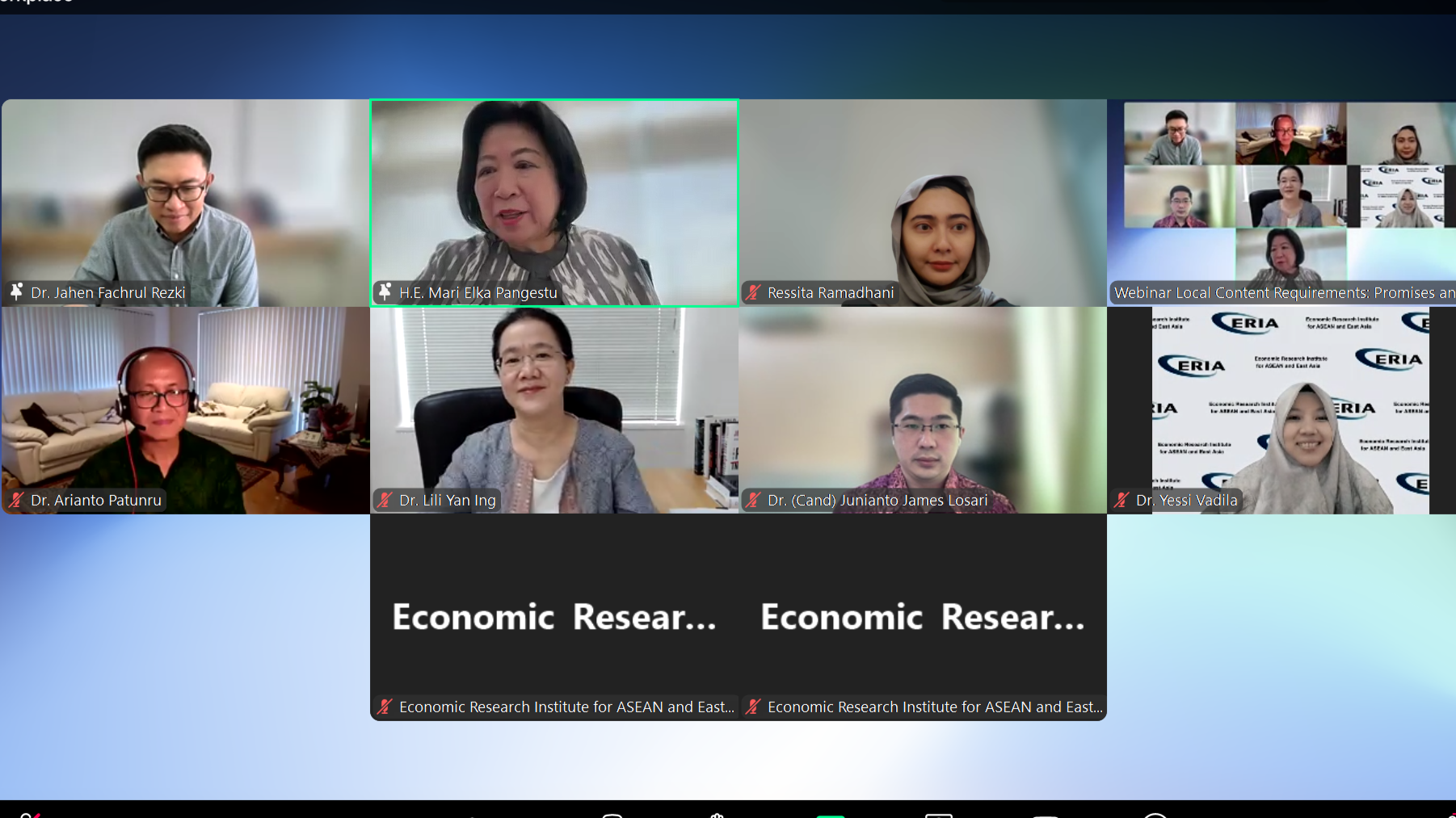
.png)
.png)
.png)



